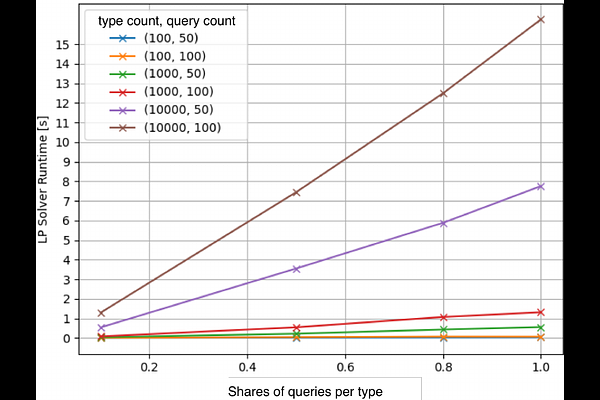Grand Perspective: Load Shedding in Distributed CEP Applications

Grand Perspective: Load Shedding in Distributed CEP Applications
Henriette Röger, Sukanya Bhowmik, Kurt Rothermel
AbstractIn distributed Complex Event Processing (CEP) applications with high load but limited resources, bottleneck operators in the operator graph can significantly slow down processing of event streams, thus compelling the need to shed load. A high-quality load shedding strategy that resolves the bottleneck with high output quality evaluates each event's importance with regards to the application's final output and drops less important events from the event stream for the benefit of important ones. So far, no solution has been proposed that is able to permit good load shedding in distributed, multi-operator CEP applications. On one hand, shedding strategies have been proposed for single-operator CEP applications that can measure an event's importance immediately at the bottleneck operator, only, and thereby ignore the effect of other streams in the application on an event's importance. On the other hand, shedding strategies have been proposed for applications with multiple operators from the area of stream processing that provide a fixed selectivity which is not given in the conditional CEP operators. We, therefore, propose a load-shedding solution for distributed CEP applications that maximizes the application's final output and ensures timely processing of important events by using a set of CEP-tailored selectivity functions and a linear program, which is an abstraction of the CEP application. Moreover, our solution ensures a quality optimal shedder configuration even in the presence of dynamically changing conditions. With the help of extensive evaluations on both synthetic and real data, we show that our solution successfully resolves overload at bottleneck operators and at the same time maximizes the quality of the application's output.